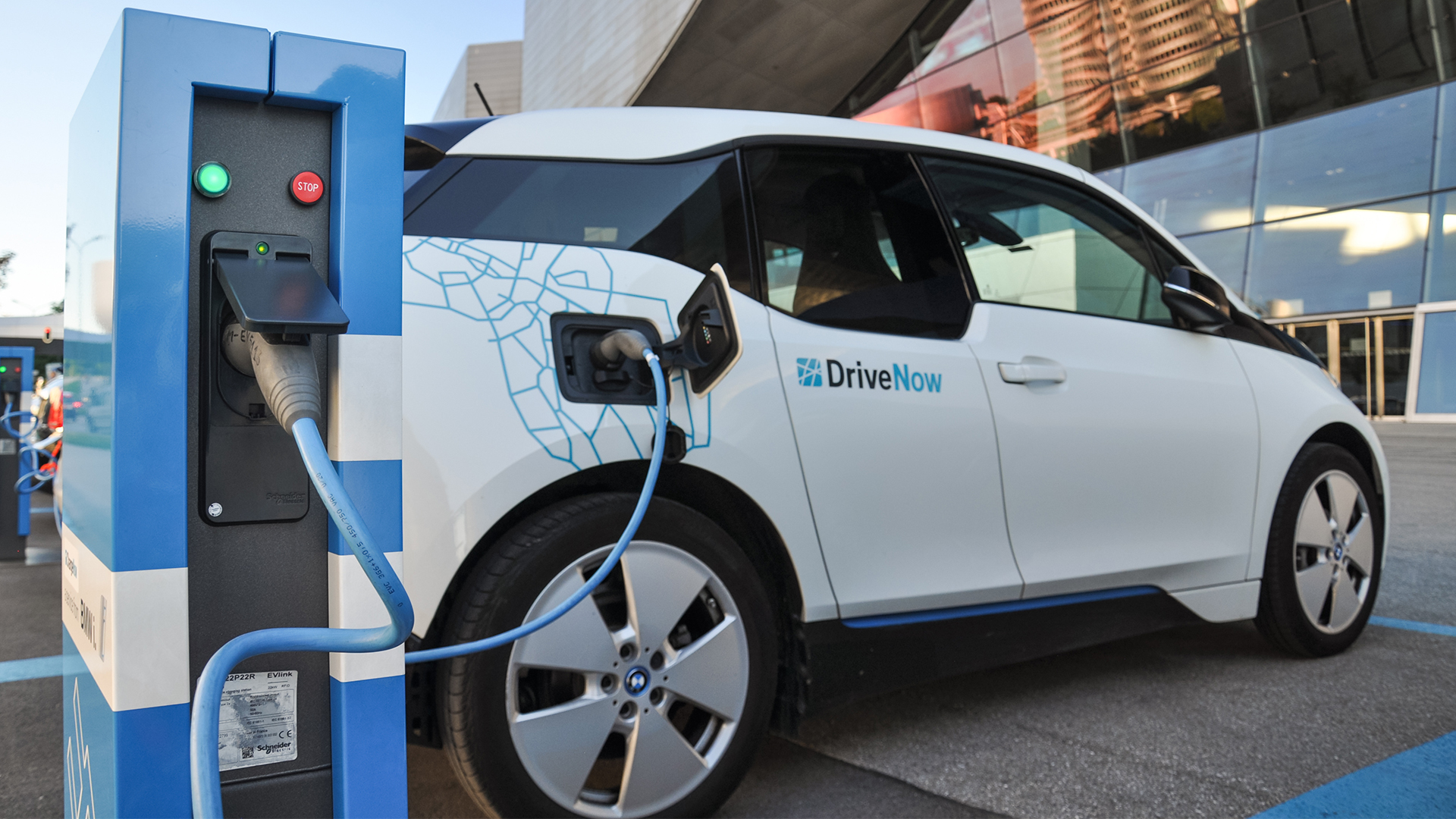

The tax reform proposal released by the U.S. Senate last Thursday retains the Plug-In Electric Drive Vehicle Credit absent from the House version, the New York Daily News reports. This may allay the fears of manufacturers who would suffer from the loss of the $7,500 tax credit for purchasing a fully electric vehicle.
The Senate version of the proposal keeps the existing tax credit intact in its current form. When the House version came out abolishing the credit, manufacturers of electric vehicles united to lobby the government to keep it. Electric cars on the affordable end of the spectrum, such as the Chevy Bolt and Tesla Model 3 and upcoming models from Volkswagen, are just coming on the market and rising in popularity. Eliminating the credit would likely reverse this trend, pricing such models out of reach of interested consumers who can now afford them in large part specifically due to the credit.
Sales of the fully electric Chevy Bolt are on a rapid upswing, with a record 2,781 sold in October alone. Though the car’s MSRP starts at a not-inexpensive $36,620, the $7,500 tax credit takes off a significant portion of the purchase price, bringing it down to a more affordable $29,120. That price difference is comparable to buying a Subaru WRX STI for the same price as a basic WRX.
The world is going electric, with or without the United States. France and Britain have declared they will ban the sale of new fossil-fueled vehicles by 2040. India and Norway want to ban them by 2030, while the Netherlands is seeking to do so by 2025. Germany and China are also considering a ban, but have not set a date. In addition, numerous manufacturers are already planning large-scale pushes toward electric cars, so it seems likely we’ll see more EVs on the market one way or the other.
Hopefully, cooler heads prevail at the House of Representatives, and the electric vehicle tax credit will remain in the final tax bill. Regardless of whether the politicians believe in global climate change, delaying American consumers’ acceptance and adoption of electric cars would put our automotive industry behind the rest of the world. The automotive industry knows this—which is why it is pushing so hard to keep the credit.